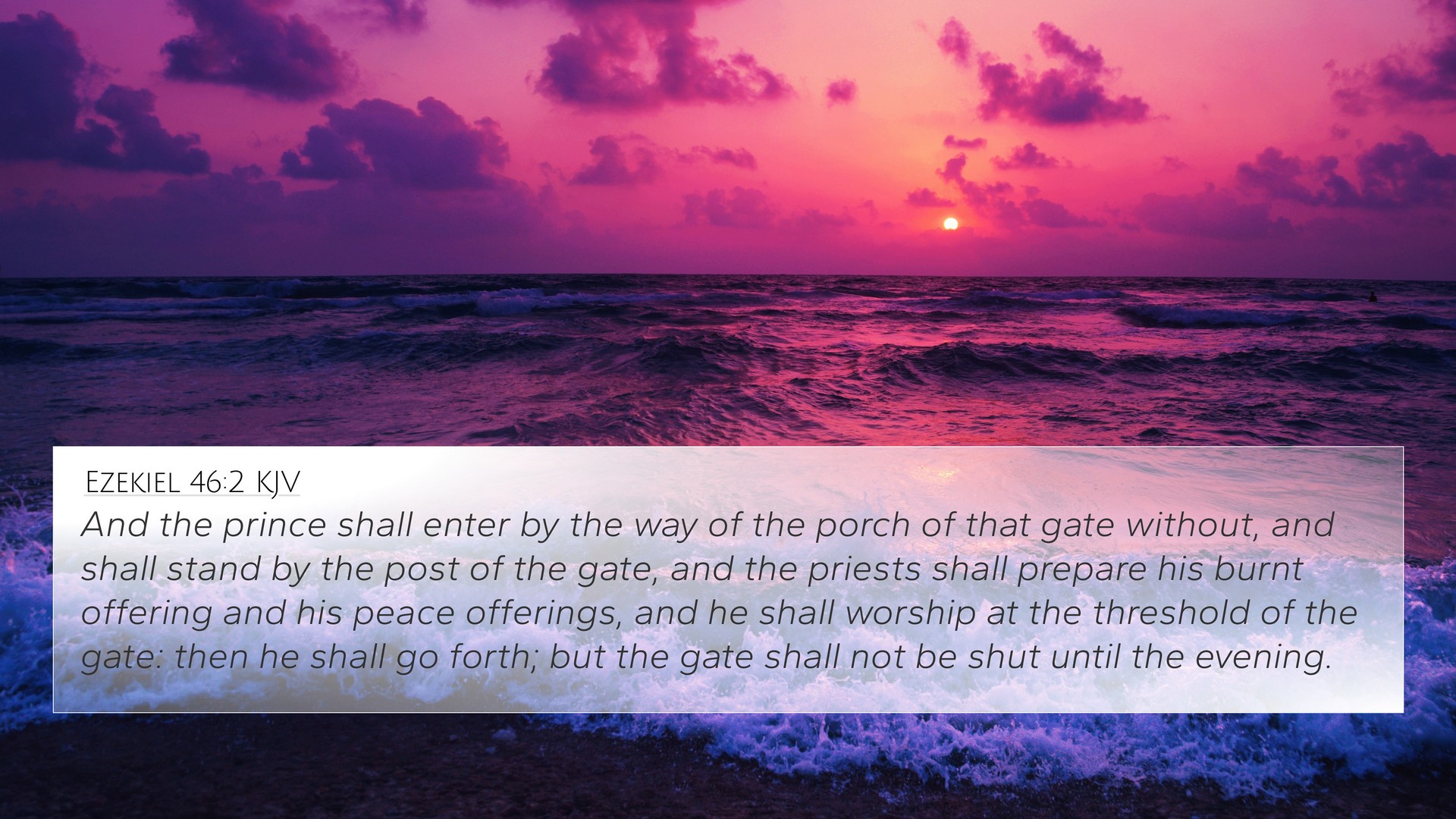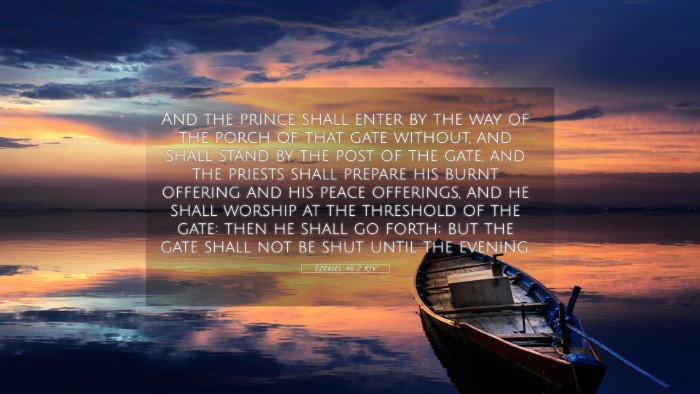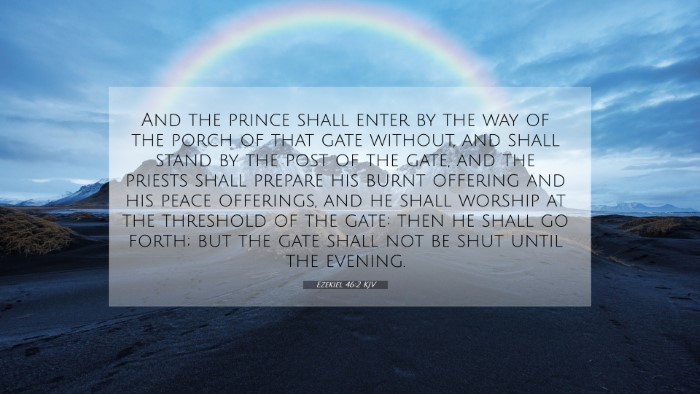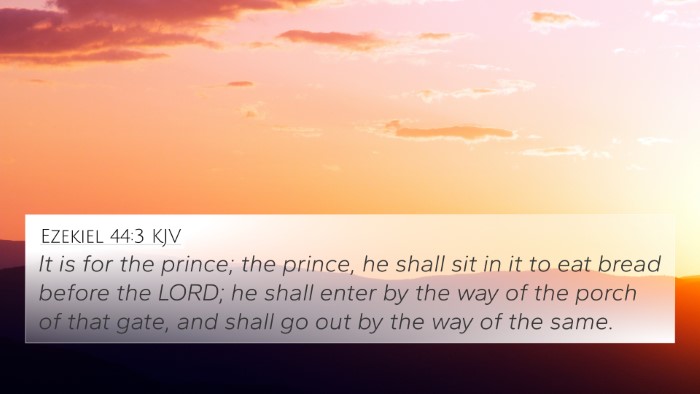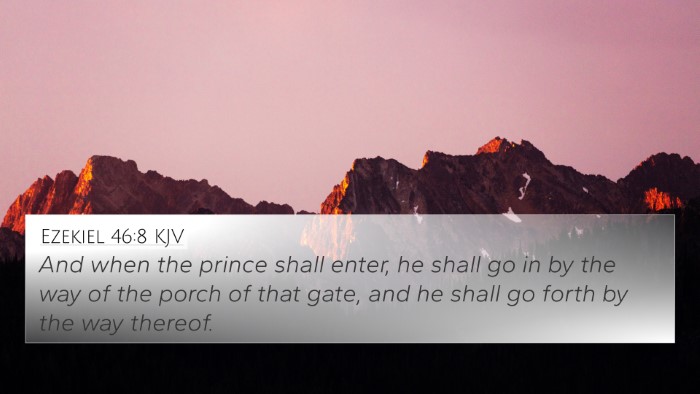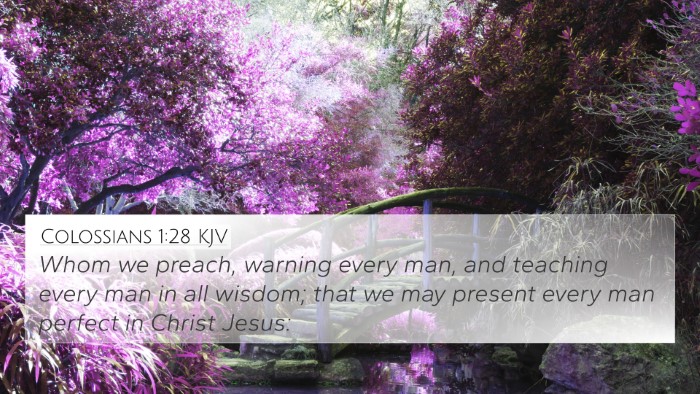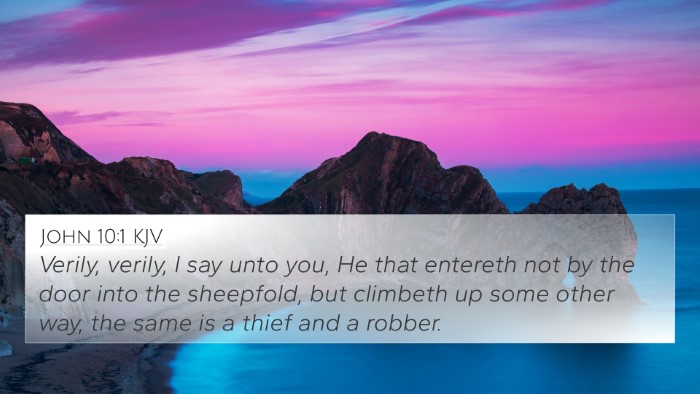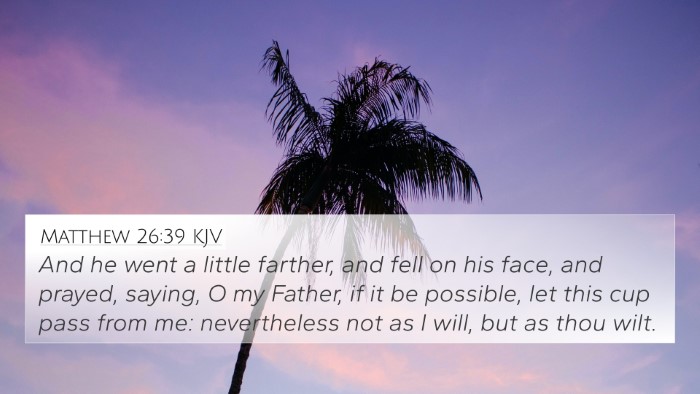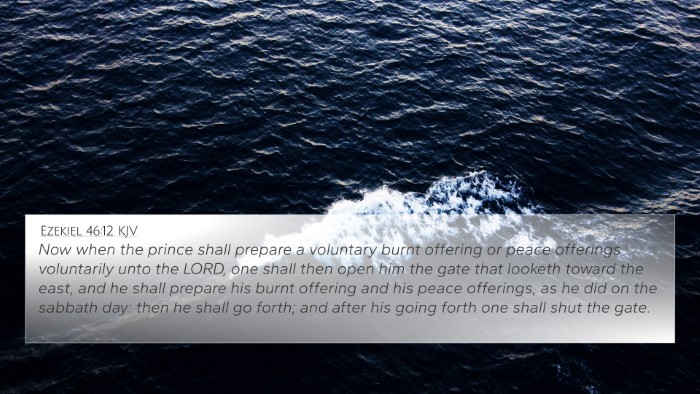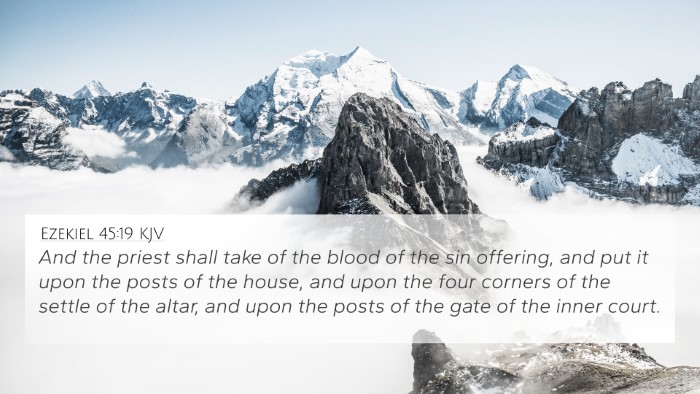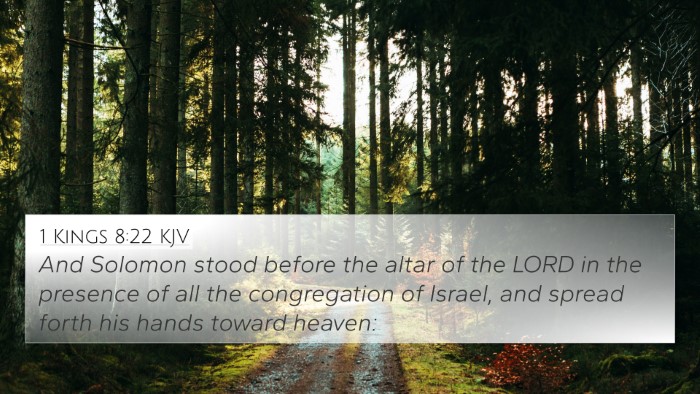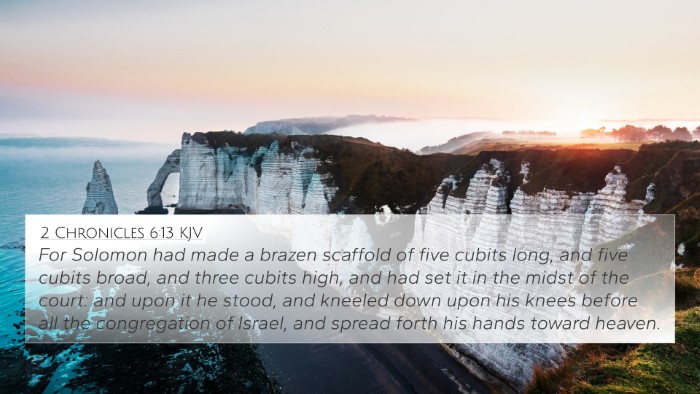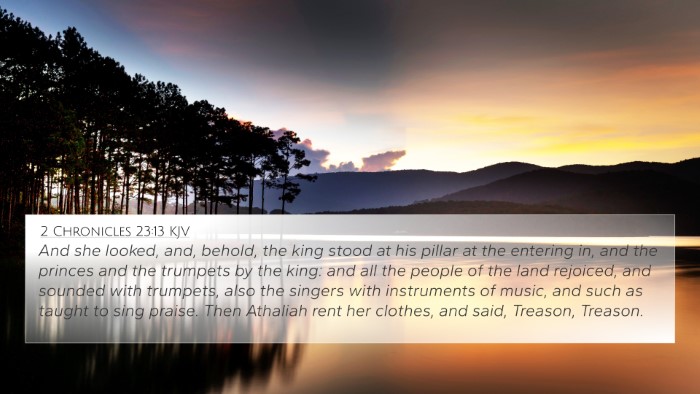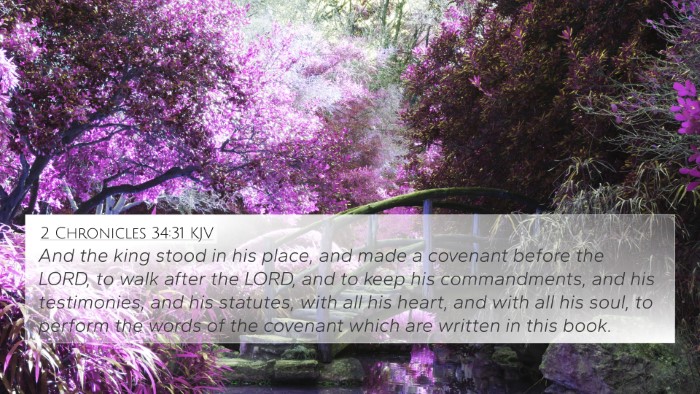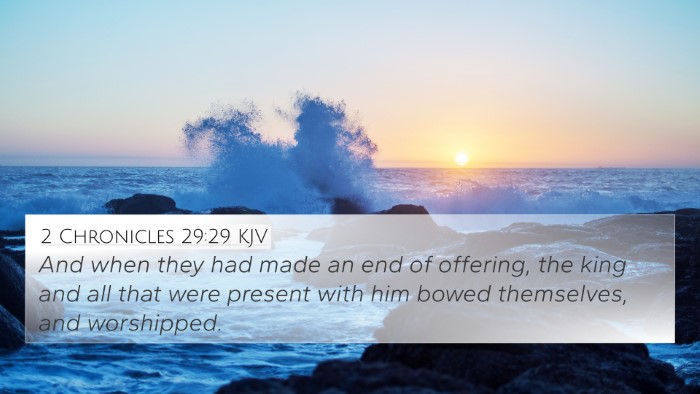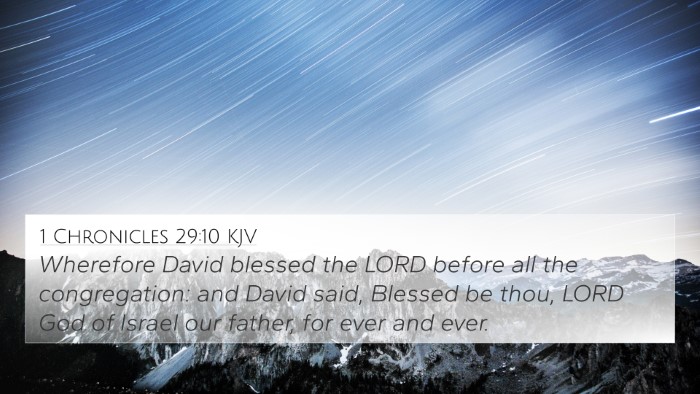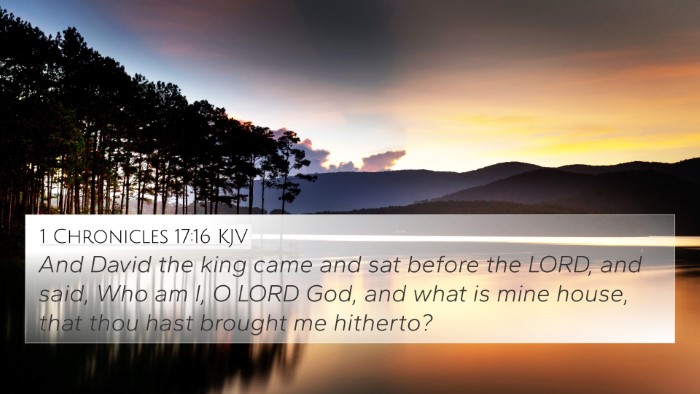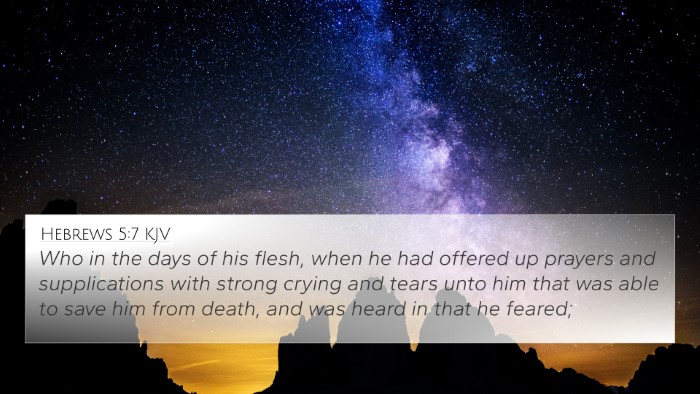Ezekiel 46:2 - Understanding the Verse
Ezekiel 46:2 states: “And the prince shall enter by the way of the porch of that gate without, and shall stand by the post of the gate, and the priests shall prepare his burnt offering and his peace offerings, and he shall worship at the threshold of the gate: then he shall go forth; but the gate shall not be shut until the evening.”
General Context
The Book of Ezekiel is a prophetic text that addresses the Israelites during their Babylonian exile, focusing on themes of judgment, restoration, and the future hope of Israel. Ezekiel 46 outlines the regulations and practices of worship in the restored temple, which symbolizes God’s presence among His people once again.
Verse Meaning and Exegesis
In this verse, several key elements are highlighted that help to deepen our understanding.
- The Role of the Prince: The 'prince' here is likely a messianic figure or representative of the leadership of Israel in the eschatological age. His participation in the sacrificial system denotes his role as both a spiritual leader and a community representative.
- The Gate and Worship: The mention of the gate signifies a place of entry into the sacred space of worship. The act of standing by the post illustrates a posture of reverence and humility during worship, ensuring that the prince is present in the communal worship service.
- Burnt Offerings and Peace Offerings: The prescribed offerings indicate a covenant relationship with God. Burnt offerings symbolize total dedication and atonement, while peace offerings represent fellowship and communion with God.
- The Worship Act: Worship at the threshold emphasizes the importance of being physically present in worship. It illustrates a transition from the secular to the sacred and indicates that the worship is to be conducted with honor and seriousness.
- The Timing of Gates: The gate not being shut until evening highlights the continuous availability of access to God throughout the day. This captures the essence of ongoing worship and accessibility to divine presence.
Insights from Commentaries
Matthew Henry
Matthew Henry emphasizes the significance of the prince's role, suggesting that it represents not only the political authority but also a spiritual example for the people. He interprets the act of the prince participating in sacrifices as indicating the restoration of proper worship in Israel.
Albert Barnes
Albert Barnes elaborates on the structure of the temple and the symbolism of the gate. He notes that the sequence of events, from entering the gate to the offerings, infers a well-established order of worship reflective of God's holiness.
Adam Clarke
Adam Clarke sees the verse as illustrating the public nature of worship, underscoring the communal aspect where the prince leads the people in sacrificial acts, thereby reinstating the community's covenant with God. He also reflects on the significance of remaining open gates as a metaphor for God’s enduring invitation to worship.
Cross-References and Connections
This verse connects with various other scriptures that deepen its meaning and relevance:
- Hebrews 10:19-22: Discusses access to God through Christ, paralleling the idea that the gate remains open for worship.
- Isaiah 60:11: Describes the gates of Israel being opened continuously, symbolizing God's ongoing presence and favor.
- Leviticus 1:3-4: Gives detailed instructions about burnt offerings, linking the theme of animal sacrifices to atone for sin.
- Malachi 1:11: Discusses the acceptable offerings to God, prompting reflection on the nature of worship.
- Matthew 5:23-24: Emphasizes reconciliation in worship, which aligns with the proper heart condition during offerings.
- John 4:23-24: Encompasses true worshiper's attitude of worshiping in spirit and truth, resonating with the essence of Ezekiel's instruction.
- Psalms 84:10: Expresses longing to dwell in God's presence, illustrating the privilege of worship.
Thematic Bible Verse Connections
The themes within Ezekiel 46:2 reflect broader Biblical motifs, such as:
- Leadership in Worship: How leaders, from Old Testament priests to New Testament leaders, guide and influence worship.
- Access to God: The continued theme of how believers have access to God's presence through Christ.
- Community Worship: The importance of collective worship and expressions of faith in a community setting.
Conclusion
In summary, Ezekiel 46:2 serves as a multifaceted passage rich in meaning, symbolizing the restoration of Israel’s worship practices and presenting a framework for understanding leadership, community, and devotion to God. By exploring this verse through various commentaries and cross-references, it becomes clear that the text not only speaks to the Israelites of that time but continues to have profound implications for contemporary worship practices and the believer's relationship with God.
Additional Resources
For those interested in diving deeper into cross-referencing and studying the Bible thoughtfully, consider using:
- A Bible Concordance for locating scriptures related to specific themes or keywords.
- A Bible Cross-reference guide for identifying direct connections between verses.
- Tools for Cross-reference Bible study can provide insights into thematic developments across the canon.
